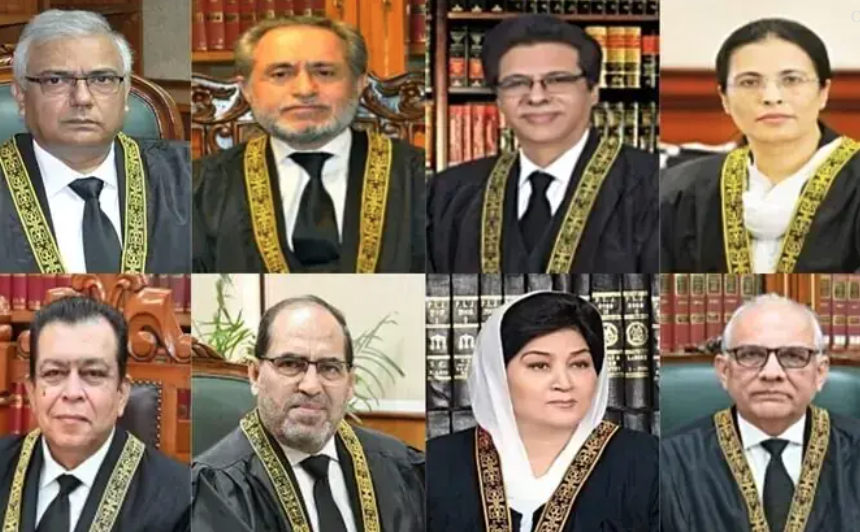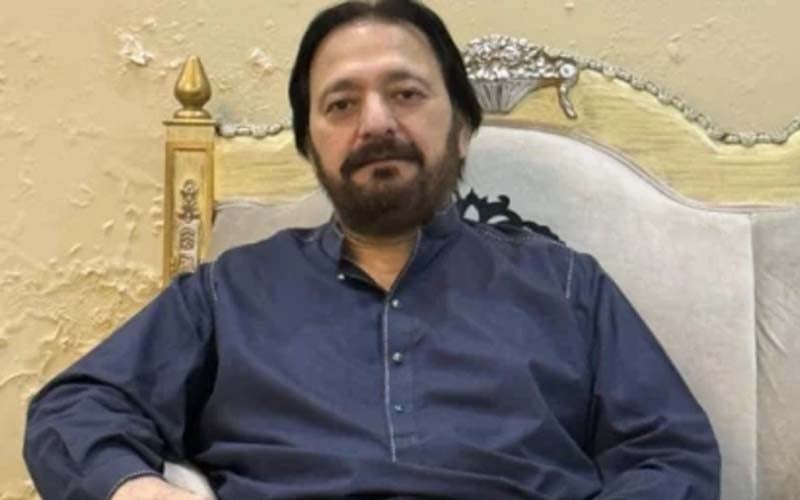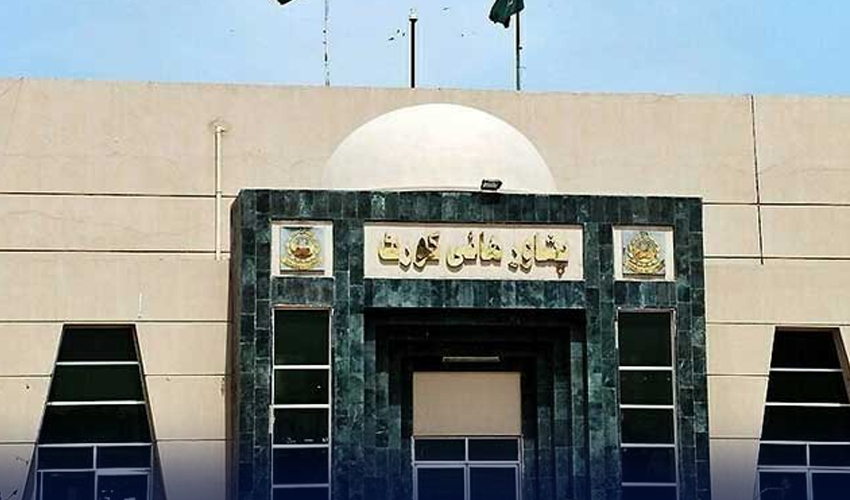LEGAL

An eight-judge Constitutional Bench (CB) of the Supreme Court of Pakistan on Wednesday began deliberations on petitions challenging the 26th Constitutional Amendment, which reshaped the judiciary’s powers and structure. The petitioners have requested that a full court — comprising all available judges of the Supreme Court — hear the case due to its constitutional importance.
The 26th Amendment, passed by Parliament in October last year, significantly altered judicial authority and tenure. It curtailed the Supreme Court’s suo motu powers, set a three-year fixed term for the Chief Justice of Pakistan (CJP), and empowered a Special Parliamentary Committee to appoint the CJP from among the three most senior judges. It also enabled the creation of constitutional benches, such as the current one, to hear constitutional matters.
The legislation has been contested by bar associations, lawyers, political parties including the PTI, and several politicians, who argue that it undermines the independence of the judiciary.
Bench Composition and Proceedings
The current bench, headed by Justice Aminuddin Khan, includes Justices Jamal Khan Mandokhail, Muhammad Ali Mazhar, Ayesha Malik, Syed Hasan Azhar Rizvi, Musarrat Hilali, Naeem Akhtar Afghan, and Shahid Bilal Hassan. The bench resumed hearings after an eight-month hiatus and agreed to live-stream the proceedings — a decision welcomed by both petitioners and the state.
At the outset, Lahore High Court Bar Association (LHCBA) counsel Hamid Khan urged the formation of a 16-judge “full court,” reflecting the Supreme Court’s composition at the time of the 26th Amendment’s passage. He contended that the Amendment was passed in an “unusual” manner, during a late-night parliamentary session, and that it violated key constitutional safeguards.
The judges engaged in a detailed exchange over whether the CB had the authority to constitute a full court. Justice Ayesha Malik noted that there was “no restriction on forming a full court through a judicial order,” while Justice Aminuddin questioned under what authority the current bench could take such a step.
Justice Mandokhail remarked that, for now, the 26th Amendment remained part of the Constitution and must be treated as such. Justice Musarrat Hilali added that even if the Amendment was flawed, the court had not suspended it.
The hearing focused on whether the current eight-member bench or a larger full court should hear the constitutional challenges. The session was adjourned until 11:30 a.m. on Thursday.
Petitioners’ Arguments
The petitioners have requested that the Supreme Court strike down the entire 26th Amendment on the grounds that it was passed without proper procedure under Article 239, which requires a two-thirds majority of the lawfully elected members of each house.
Alternatively, they have asked the court to nullify specific provisions that they say erode judicial independence — including those related to the appointment of the CJP, the formation of constitutional benches, and performance evaluations for high court judges by the Judicial Commission of Pakistan (JCP).
They have also called for the Supreme Court (Practice and Procedure) Act 2024 and the Supreme Court (Number of Judges) Act 2024 to be declared unconstitutional, arguing that both stem from an invalid amendment.
As the bench considers whether to expand its composition, the proceedings have renewed focus on the balance of power between Parliament and the judiciary — and the broader question of how constitutional amendments should shape Pakistan’s judicial independence.




